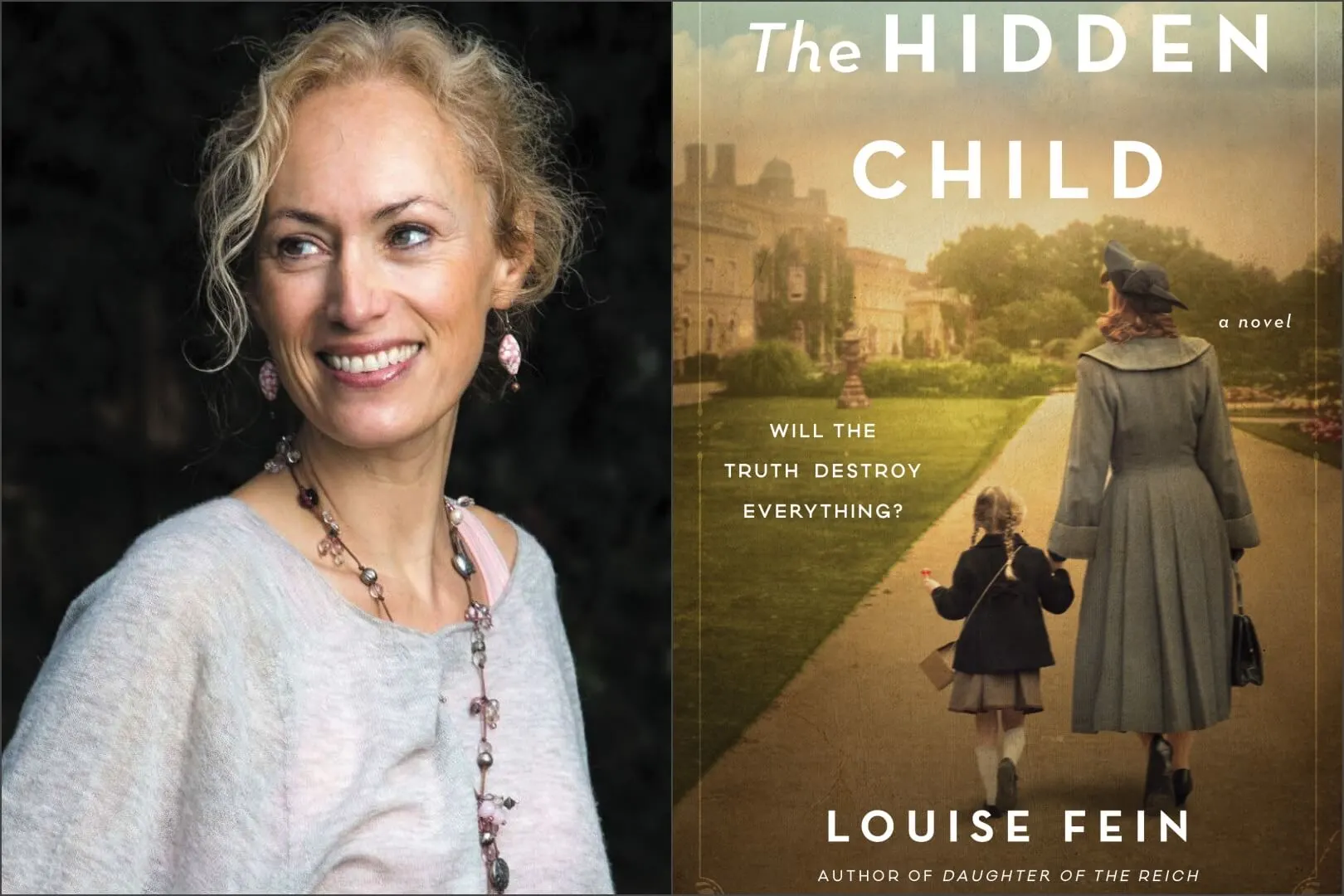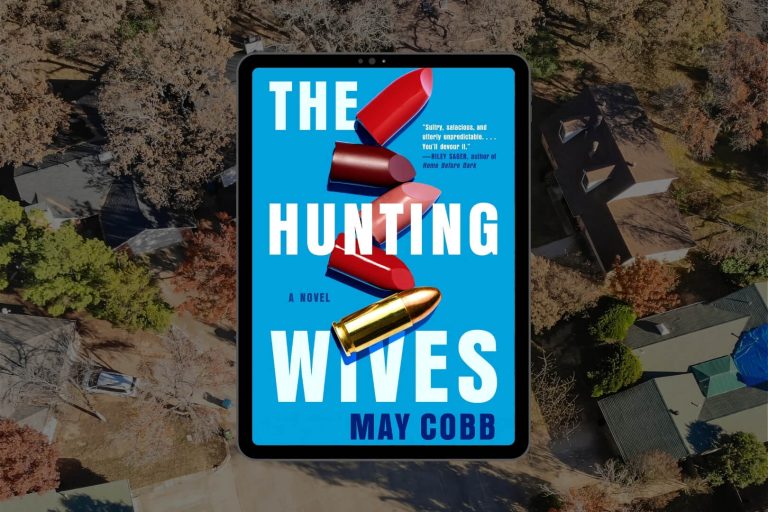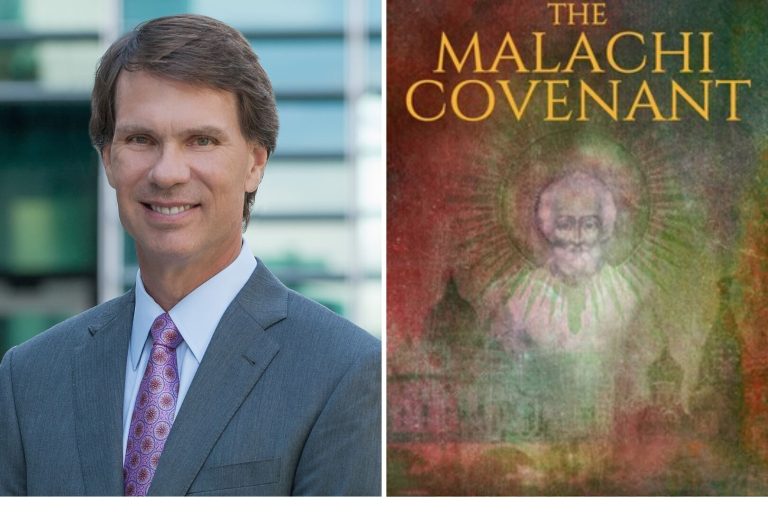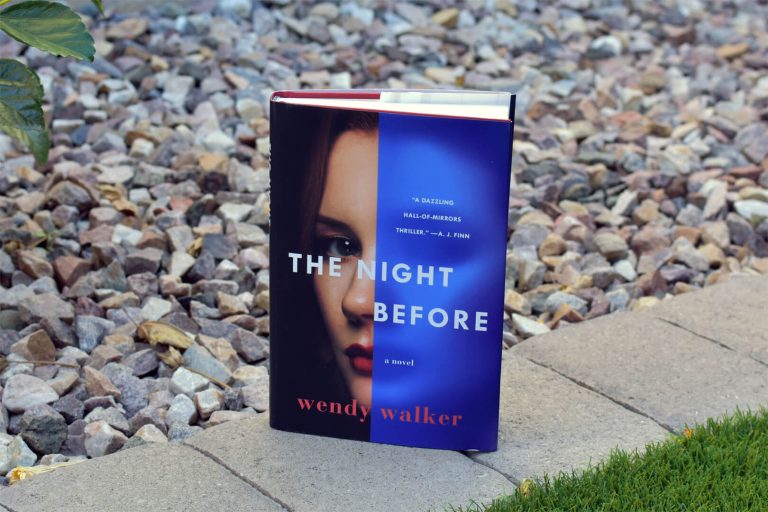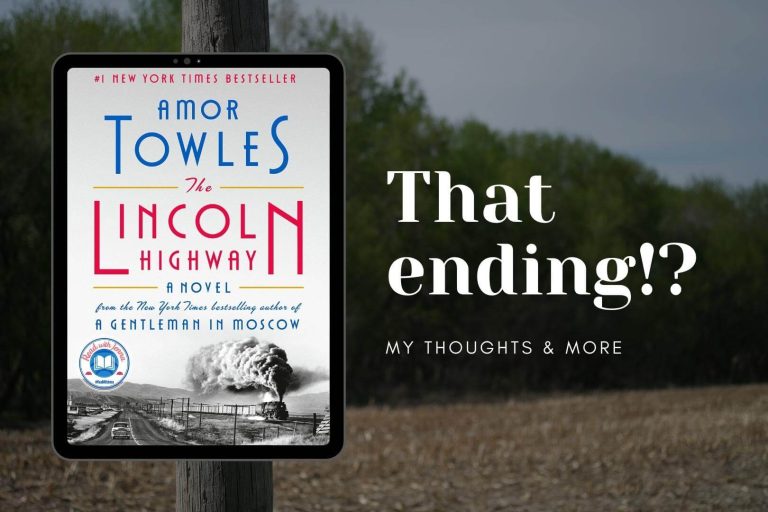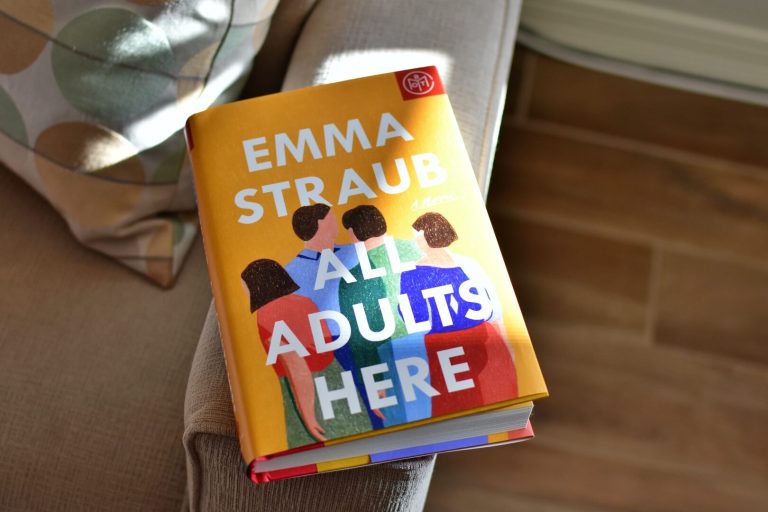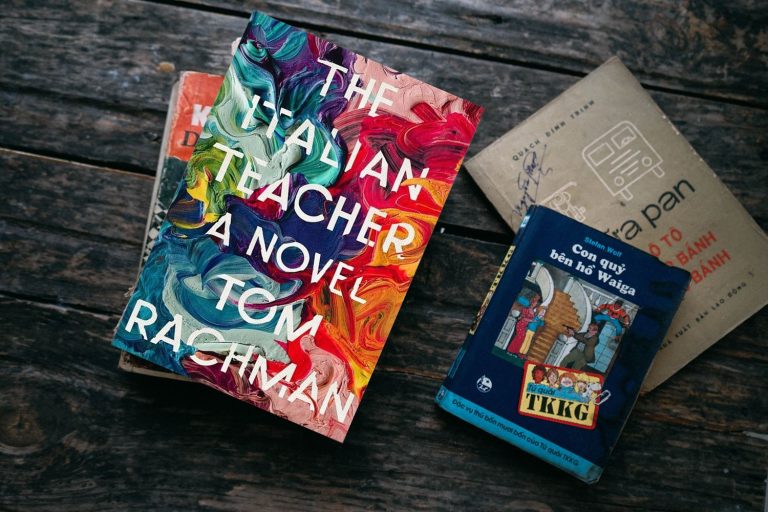Louise Fein is the author of The Hidden Child, which is out now.
Louise Fein was born and brought up in London. She harbored a secret love of writing from a young age, preferring to live in her imagination than the real world. After a law degree, Louise worked in Hong Kong and Australia, traveling for a while through Asia and North America before settling back to a working life in London. She finally gave in to the urge to write, taking an MA in creative writing, and embarking on her first novel, Daughter of the Reich (named People Like Us in the UK and Commonwealth edition).
Louise lives in the beautiful English countryside with her husband, three children, two cats, small dog and the local wildlife who like to make an occasional appearance in the house. Louise is currently working on her third novel.
Here’s the synopsis for The Hidden Child:
Eleanor Hamilton is happily married and mother to a charming four-year-old girl, Mabel. Her husband, Edward, is a leading light in the burgeoning Eugenics movement, which is designing the very ideas that will soon be embraced by Hitler.
But when their daughter develops debilitating epileptic seizures, their world fractures. Mabel’s shameful illness must be hidden or Edward’s life’s work and the family’s honor will be in jeopardy.
When Eleanor discovers Edward has been keeping secrets, she calls into question everything she believed about genetic inferiority, and her previous unshakeable faith in her husband disintegrates. Alarmed, distressed, and no longer able to bear the family’s burden, she takes matters into her own hands.
Inspired by her personal experience, author Louise Fein illuminates moral and ethical issues of an era shaped by xenophobia, prejudice, fear, and well-intentioned yet flawed science. Vividly rendered, deeply affecting, and impeccably researched, The Hidden Child is a sweeping story and a richly drawn portrait of a family torn apart by shame, deceit, and dangerous ideals.
Let’s get to know Louise as she talks her journey to becoming an author, the personal inspiration behind The Hidden Child, writing historical fiction and much more!
What are some of your favorite novels?
I have a lot of favourite novels, but I can’t mention them all, so here are a selection:
Kate Atkinson’s Life after Life. I love Kate Atkinson’s writing and this novel is one of her best. It is such a clever idea, so well executed – just brilliant. Khaled Hosseini’s The Kite Runner is a beautiful, heart-breaking book. It has everything I love in a novel – wonderful, evocative writing, a compelling story, and it takes me to a place and time about which I knew very little. And it made me cry. I do like novels which make me cry! Andrea Levy’s Small Island is one of my favourite books of all time. It’s the story of post-WW2 migration, told by Jamaican immigrants, Hortense and Gilbert – positively encouraged to come to the UK after the second world war, and English couple, Queenie and Bernard. It shows, with utter brilliance, the complexities of migration and the juxtaposition of pre-conceptions, prejudice and ignorance. I also love Harper Lee’s To Kill a Mockingbird which is a novel I read so many years ago, but still resonates and stays with me, something I can also say about Kazuo Ishiguro’s Remains of the Day. Recent books which have become firm favourites are Where the Crawdad’s Sing by Delia Owens. The writing is exquisite, and this combined with a brilliant and compelling plot had me completely hooked. Unsettled Ground by Claire Fuller, shortlisted for this year’s Women’s Prize for Fiction is also wonderful, a quiet but powerful novel about poverty and those who live on the outskirts of society, shunned and ridiculed, but heartachingly beautiful in the telling.
When did you know you wanted to become an author?
As soon as I could read! I began with writing books about ponies aged about six or seven, stapled together and written in pencil. Sadly, those first novels are now lost, but I held on to the dream. It had to take a backseat for a while when I qualified as a lawyer and had young children, but the dream never left and continued to call to me until one day, I gave in and signed up for a master’s degree in creative writing where I began what was to become my debut novel, Daughter of the Reich. I never really stopped writing, however, as I wrote poetry, short stories and diaries before I wrote my first novel.
Can you talk about how The Hidden Child was inspired by your personal experience?
When my youngest child had just turned two, out of nowhere, she began to have seizures. We really didn’t notice them at first – they were literally just a sort of darkness behind her eyes. They then developed into eye rolling, then chin drops, then stiffening in her arms and legs. She was finally diagnosed with a rare and severe seizure disorder, cause unknown. Until her seizures came under control aged three and a half, she was having on average, seventy seizures per day. It was devastating and traumatic – our bright and delightful daughter was disappearing before our eyes. She gradually lost all her skills, barely slept, and had to be watched constantly, wearing a helmet to protect her head from smashing against walls and furniture during her seizures. It was as though a monster had taken possession of our child, and, as though that wasn’t bad enough, the stigma and ignorance of others around the condition of epilepsy was both astounding and upsetting. Our daughter, now a teenager, thankfully, is doing wonderfully well, but had she been born one hundred years ago, what would have happened to her would have been tragically and terribly different. Many of the stigmas and misconceptions about the disease stem from the ideas which came out of the eugenics movement which was so widespread and accepted during the early years of the twentieth century. Many of the ideas which Nazi Germany took to the extreme came, in fact, from England and America. I felt that much of this has been brushed under the carpet and I wanted to highlight just how prevalent this was, and how some of these ideas are still circulating today.
What do you like best about writing historical fiction?
I love finding stories from the past which resonate with our experience of now. People are people, whether alive today or a few hundred years ago. It’s a fascinating thing to try to stand in the shoes of others, in a time and place different, or even not so different, to now, without the benefit of hindsight. What would we do, how would we feel and behave? I have always loved history and so I enjoy the research as much as the writing. Really being able to dig down deep and find nuggets of obscure information to me is like finding gold from a treasure hunt. I am also interested in the experience of ordinary people, the disadvantaged, the misaligned, at times of great social change or big historical events. There is so much to be mined and written about.
How do you find the right balance between fact and fiction when working on your stories in the genre?
There can be a temptation when you have spent a lot of time researching to try and put too much of it into the novel. However, it is really important to remember that the story is the most important thing. Approximately ninety-five percent of the research I do doesn’t go into the book, but none of it is wasted. When writing the first draft, I put the research for the most part to one side. The first draft is about getting the story right and climbing into the heads of the characters – really getting to know them. The second and third drafts are where I spend time fine tuning the story and researching the detail. The whole flavour of the time and place become immersed in the story itself, so it doesn’t feel too overburdened with fact.
What are you working on next?
My next book is set in the early 1960’s, but with threads going back to WW2. It’s really a story about the unquestioned expectations of how women – mothers in particular – should be, and how their position in society can change in just a few short years.
What are you currently reading and what’s on your TBR (to be read) list?
I’m currently reading The Illustrated Child by Polly Crosby which is beautifully written, at once beguiling but also dark and disturbing, which I love! I’m also a big audio book fan and always have one on the go while I’m driving etc. I’ve just started listening to the wonderful Small Pleasures by Clare Chambers. I have got so many books on my TBR, and keep adding to it, but next on my list to read are The Lamplighters by Emma Stonex, In the Palace of Flowers by Victoria Princewill and the 2020 Booker Prize winner, Shuggie Bain by Douglas Stuart.
Click here to order The Hidden Child on Amazon.
